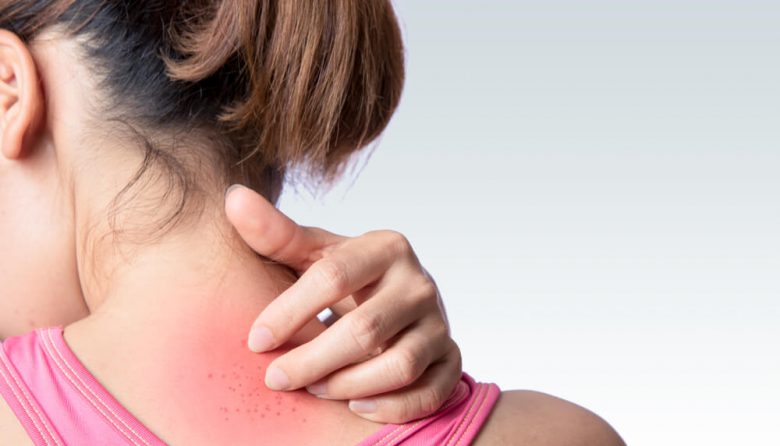There are different ways allergic reactions can manifest themselves. Some people may start sneezing because of breathing in an allergen. Others may come out in unsightly spots all over the face or limbs that they can’t resist scratching. These are skin allergic reactions that can range from slightly discomforting to life-threatening.
Doing nothing about your allergic reaction is never a good strategy. Even when you think it’s not a big deal, you must know what has caused it to avoid recurrence or ask for help when necessary.
Skin allergy symptoms by allergic reaction
Is it atopic dermatitis, contact dermatitis, or maybe urticaria? Although there’s some overlapping in the manifestations of these conditions, here’s how you can find out exactly what causes your itchy skin:
- If you have burn-like reddish patches with skin fissures and pus-filled blisters, you may be experiencing atopic dermatitis. Besides discomfort, those bumps can also cause pain, let alone cracked skin. You may have heard about this condition as eczema that is often set off by irritants. Cleaning products, makeup, and even perfumes may contain them.
- If you’ve noticed a rash on your limbs after some material, substance, or plant has landed on them, you may have contact dermatitis. It can be distinguished by visible redness and scaly skin in the exposure sites. In most cases, the reaction appears instantly (e.g., once you put on latex gloves or touch a poison ivy leaf).
- If your skin is blemished by multiple raised welts, your doctor may diagnose urticaria. Red and white bumps that can crop up in any area of your skin are the telltale symptoms of this condition. They can also hurt or be accompanied by angioedema. The most common causes include foods you’re allergic to, insect stings, and some medicines.
How to relieve itching from a skin rash?
A proper response to a rash can help deal with itchiness. If you’ve noticed something has appeared on your skin, you can apply a cold compress and a moisturizing cream. At-home treatments can speed up skin allergy relief for minor rashes. But whatever you do, remember that scratching can make things worse.
Prescription skin allergy treatments are also an option. If your reaction looks severe or you experience pain, making an appointment with your allergist is the best thing you can do. That’s how you can get prescription ointments, analgesics, or antihistamines for your allergy.
If you’re considering OTC medicines for skin allergy or pain relief, a consultation is also a must. Don’t risk your health by taking just any meds.

